Here Are 10 Easy Ways to Do That
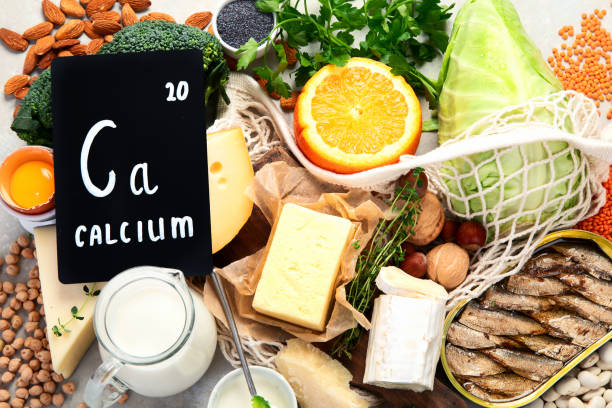

As you age, your body undergoes numerous changes, including a decrease in bone density, which can impact bone strength.
From around age 25 to 50, bone density typically remains stable, as bone formation and breakdown occur at similar rates. However, after age 50, bone breakdown (resorption) begins to outpace bone formation, leading to accelerated bone loss—especially during menopause, according to Johns Hopkins Medicine.
One simple way to strengthen your bones is by incorporating more calcium into your diet.
Black Americans and Bone Density
Interestingly, Black Americans generally have higher bone density than other ethnicities when they’re younger. In fact, studies consistently show that Black individuals tend to have higher bone mineral density (BMD) compared to white or Asian populations. This higher BMD is considered a protective factor, leading to a lower overall risk of osteoporosis and fractures. For example, data indicates that Black women are less likely to experience hip fractures compared to white women, even when adjusted for age and body mass index (BMI).
However, this changes as you get to 50 and over. It’s common for the body to start leaching calcium and phosphate from the bones, which leads to lower bone density. To make matters worse, Black Americans are more prone to diabetes, lupus, and sickle cell anemia and vitamin D deficiency, which can increase your risk of poor bone density.
10 Calcium-Rich Non-Dairy Foods

1. Chia Seeds
Two tablespoons of chia seeds contain 179 mg of calcium, which is impressive considering that 6 ½ tablespoons of whole milk will only get you 113 mg of calcium. You can get the most out of chia seeds by adding them to smoothies, oatmeal, and yogurt.
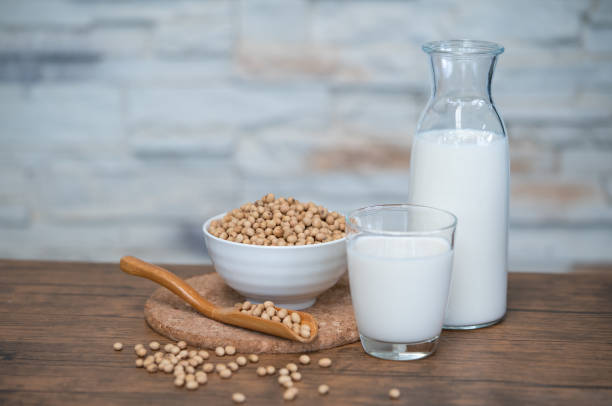
2. Soy Milk
When choosing soy milk, it’s best to look for the kind that’s fortified with calcium carbonate. A glass of this will give you the same amount of calcium as a glass of whole milk.
RELATED: 5 Signs Of Calcium Deficiency You Shouldn’t Ignore

3. Almonds
A cup of almonds contains approximately 385 mg of calcium, which exceeds the recommended daily intake for most people. Instead, the appropriate serving size for almonds is one ounce—about 23 almonds or ¼ cup. This serving provides about 8% of the daily recommended intake (DRI) for calcium.
Almonds are also rich in healthy fats and magnesium, a mineral essential for bone formation and other bodily functions. If you’re concerned about fat intake, consult your doctor to determine what amount works best for your dietary needs.
You can enjoy almonds as a snack on their own or incorporate them into meals like yogurt and salads for added crunch and nutrients.
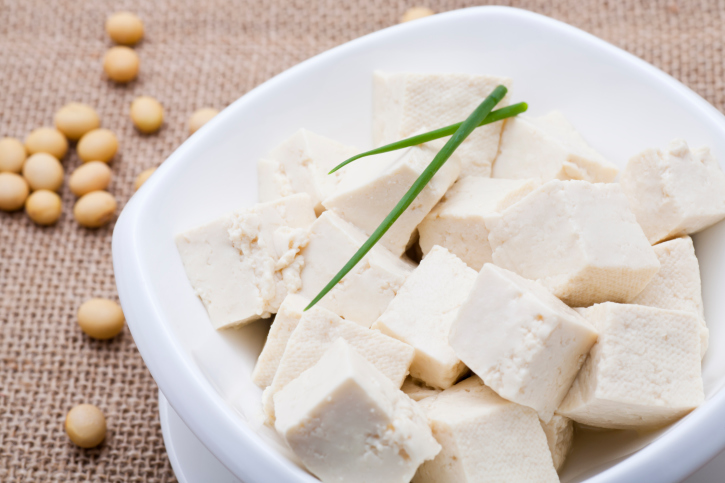
4. Tofu
Tofu can be a good source of calcium depending on how much calcium salt the brand uses. Your best bet is to check the packaging for specific figures as the amount can vary. According to the USDA food database, 1/2 cup of tofu contains about 434mg of calcium. Tofu is an excellent meat substitute that can be used in several dishes.
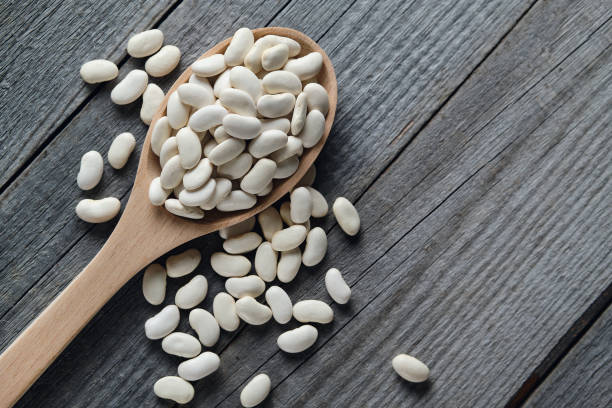
5. White Beans
These beans contain about 160 mg of calcium in each cup. You can eat them as a side dish or add them to stews, soups, or salads. They can also be used to make hummus.
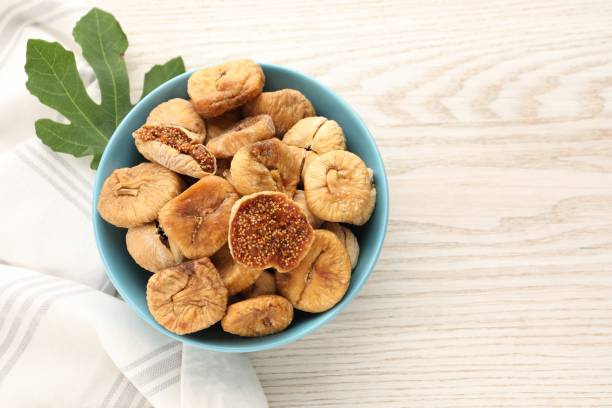
6. Dried Figs
Dried figs make a great snack and you get about 240 mg of calcium in a cup. You can also use them to make jam.

7. Kale
Apart from being a good source of iron, two cups of uncooked kale packs about 180 mg of calcium. Raw, chopped kale can make a salad but you can also steam it for a side dish.

8. Sunflower Seeds
A cup of sunflower seeds can have about 109 mg of calcium. However, doctors recommend opting for the unsalted variety so you don’t add too much sodium to your diet.
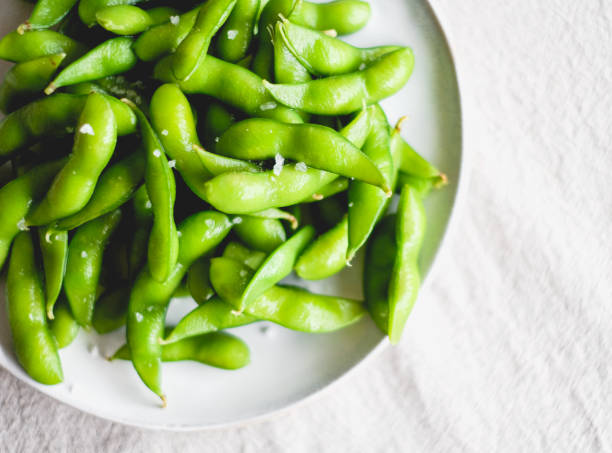
9. Edamame
These beans are a good source of protein as well as calcium. Just a cup has 98 mg of calcium. You can use edamame in dips, wraps, salads, and stir-fries.
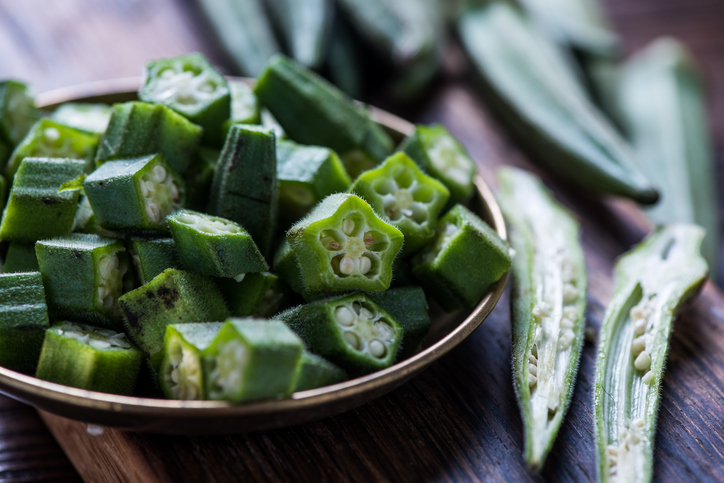
10. Okra
Okra, which originated in East Africa, is a versatile vegetable that can be boiled, steamed, pickled, roasted, or grilled. A cup of it contains 82 mg of calcium.
RELATED: 10 Foods For Strong Bones
Why Going Dairy-Free is a Great Idea
While dairy products are a significant source of calcium, they’re not the best for everyone. Studies show that up to 80 percent of Black Americans deal with varying levels of lactose intolerance. If you have this condition, your body is unable to digest lactase properly and this causes digestive issues like bloating, flatulence, and diarrhea.
Unless there is an injury to the digestive system, most people don’t show symptoms of lactose intolerance until they’re older. The symptoms can also get worse as you age. Additionally, your chances of developing lactose intolerance increase if you have other conditions such as irritable bowel disease (IBD) or Crohn’s disease.
Though it will improve your bone density to get more calcium in your diet, it won’t help if you upset your digestive system. That’s why you should find non-dairy sources of the essential mineral.
As you age, a decrease in bone density is inevitable. To help counteract this, doctors often recommend including calcium-rich foods in your diet. For those with lactose intolerance or a dairy allergy, healthcare professionals suggest incorporating non-dairy calcium sources to maintain strong bones without causing digestive discomfort. Refer to our list of calcium-rich alternatives that suit your dietary needs and support optimal bone health.

Medically Reviewed By:
Eric Meredith
Chef Eric Paul is a classically trained chef, Registered Dietitian, Certified Personal Trainer, and expert in chronic disease prevention with over 15 years of experience. His work has been featured on major networks like ABC, CBS, and ESPN. Through his nonprofit, Health Heroes, he uses entertainment and technology to make health information more engaging for youth. He is also a member of Kappa Alpha Psi Fraternity, Inc. and a board member of 100 Black Men of Chicago.




